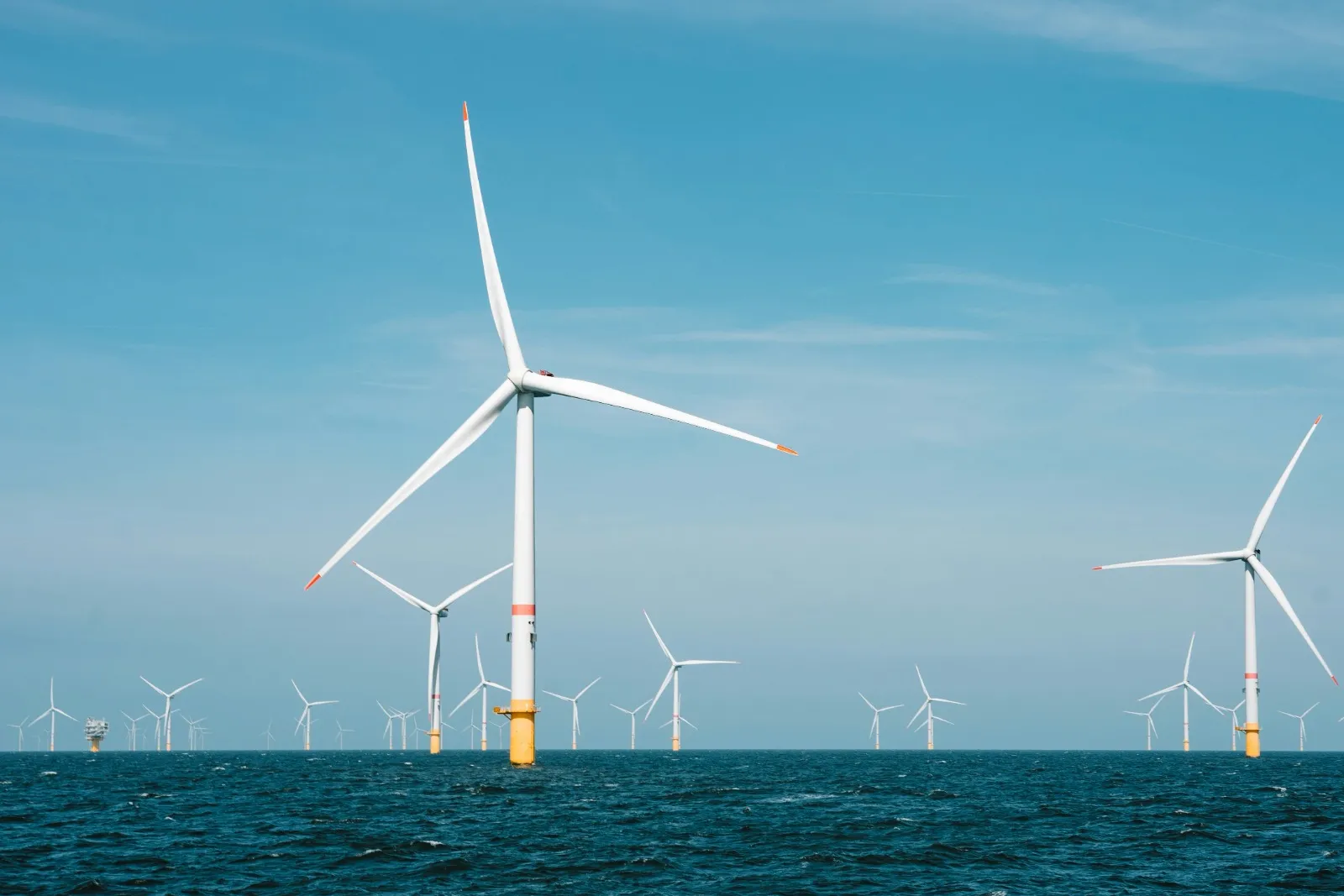Electric Vehicles: A look forward on growth in 2022

By Rob Hunt, Energy Account Executive at Aspectus
2021 brought climate change and sustainability to the front of the picture. COP 26 back in November, followed by the recent IPCC assessment report released in April, made issues like global warming and the topic of e-mobility, even more of a dinner time debate than before. This green wave of enthusiasm, coupled with the most cutting-edge electric vehicle prospects ever seen, makes it clear that 2022 and the years beyond hold the potential for radical development of, and serious uptake of, electric vehicles.
Where there’s a will, there’s a way for electric vehicles
Electric vehicle ownership is rocketing and has been for some time. In 2015, just over 1% of newly registered cars were electric – this rose to nearly 11% on average for in 2019. Last December, more than 30% of newly registered cars were electric in some form (either plug in or hybrid). It is fair to say that the market is there, and people are buying electric. This explosion in sales has put strain on electric vehicle charging point infrastructure, but don’t be fooled, this has also expanded widely. Infrastructure has increased from just over 27,000 individual points in 2020, to a massive 42,000 at last count.
There is clearly an impetus, from both drivers and charging infrastructure providers, to ensure the growth of electric vehicle usage. 2022 could be the year we cross the Rubicon and turn our backs on fossil fuelled cars – at least by some metrics. Of course, petrol and diesel cars will continue to dominate the roads for years to come, but 2022 has a strong chance of becoming the first year to see more electric cars than diesel cars sold, for example.
Facilitating a sustained change
There is no time, however, for self-adulation. The ball has started rolling, and it needs to keep moving in the correct direction. Already in 2022, serious investment has gone into electric vehicle R&D and production, with the UK Government guaranteeing a commercial loan worth £625 million for Jaguar Land Rover.
Investment such as this serves two purposes. Not only does it do the obvious – funding the development of new electric vehicles – but it also symbolises a vote of confidence by the UK government in the electric direction. By guaranteeing commercial loans such as this one, the UK Government lays bare its support for an electric revolution, solidifying its goals of no new fossil fuelled cars by 2030.
The new network
Investing in electric vehicles is one thing but making sure there is adequate infrastructure to have them run across the country is another. A lack of electric vehicle charging points is the leading worry for potential buyers. Making potential entrants into the electric vehicle market sure they won’t be caught short and run out of juice is a paramount necessity.
As of January 2022, 28,375 public electric vehicle charging devices were available to use across the country with just over 18% of these being rapid charging devices. This indicated a rise of 9% compared to October 2021 across all available chargers, with the number of rapid chargers increasing by about 5%. In total, including private use chargers, the UK currently sits at around 42,000 charge points at more than 15,000 locations.
However, with a projected 10 million electric vehicles on the roads by 2030, still rising to as many as 30 million by 2040, the number of charging points will need to rapidly increase. Electric charging producers estimate as many as 2.3 million chargers will be needed by 2030 – a 54-fold increase.
With usage of electric vehicles set to explode in the coming years, making sure your voice in the industry is heard above others will be key to successfully navigating the transition. Aspectus is an agency which combines deep industry knowledge with expansive media relations – perfectly placed to produce and share eye catching content to cut through to its intended audience.

